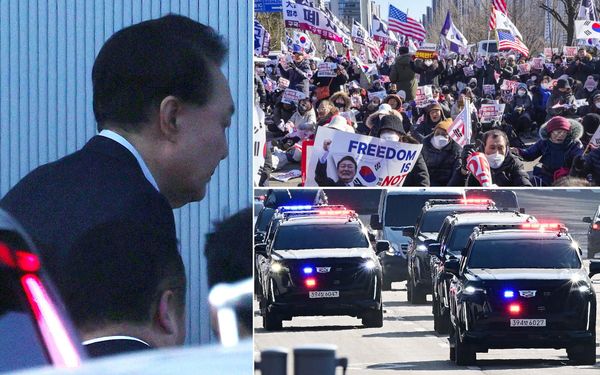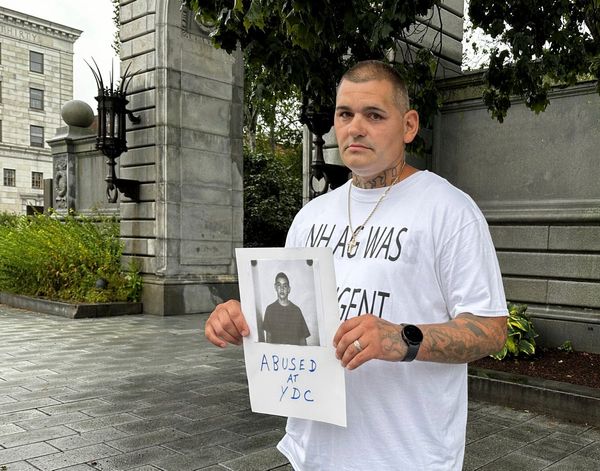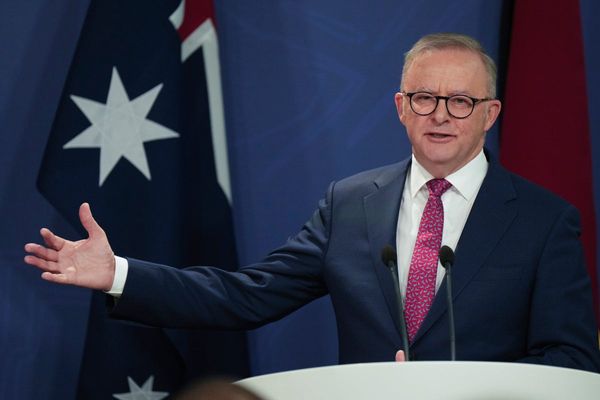GREAT NECK, N.Y. _ Not a day goes by that Rachel Epstein doesn't remember how the Nazis took away her mother and father.
Still, there are days for Epstein that shine with a brightness that reminds her how good people can be.
Wednesday, April 3, was one of those days.
Epstein, of Roslyn, N.Y., and some 85 other Holocaust survivors and their guests attended a pre-Seder meal to celebrate the Jewish holiday of Passover.
The feast is now in its ninth year, started by Ellen Grossman of Great Neck, to help her mark a special birthday. She tells the story the best.
"I decided to do something meaningful to me, as opposed to just having friends get me some new pocketbook or necklace," Grossman said. "We decided to do something for Holocaust survivors. For some reason, it touched me."
Grossman joined forces with the UJA-Federation of New York, where she has been a volunteer for years, to pull together the celebration. She reached out to friends for money. With $10,000 in donations, she catered a robust spread for about 100 survivors and guests at the Barry and Florence Friedberg Jewish Community Center in Oceanside, N.Y.
Over the years, Grossman has come to know the survivors _ and appreciate them. They have deepened her understanding of the Holocaust.
"Look at everything they have sacrificed so we as Jews can continue to give to the world," she said,
Grossman marvels at their resilience, both in wartime and now later in life. Some, she has learned, have no family to join with on Passover, which commemorates the liberation of the Israelites from Egyptian slavery. Their children are far away, and many loved ones have died.
And yet they have a zest for living.
"They don't say, 'Poor me,' " Grossman said. "They say, 'I'm happy I'm here. Thank you for another day.' That's a role model."
For Epstein, who was 10 when the Nazis invaded her homeland of France, the Seder let her reflect and give thanks.
"The people are so wonderful to us," Epstein said. "I've met such wonderful people."
Epstein recalled how the French police, working with the Nazis, took away her parents. Her father, a tailor, had known the officers. The police acted like her father and mother were strangers, she said.
She never saw her parents again. They died at Auschwitz, the largest of the Nazi concentration camps.
Epstein and her younger brother were taken in by a Christian family that lived in their building. The family raised the pair "like we were born to them," she said. After the war, they went to live with an aunt and uncle.
Epstein sat at a table near Edmund Rosenblum, 98, of West Hempstead. Rosenblum and his family had to live in hiding in Vienna.
His father had served in the army during World War I; when the Nazis started rounding up Jews, an old war friend of his father's came to the family's aid, he said.
"They hid us on the top floor, where the laundry was done," he said. He couldn't even go outside to play.
When his family arrived in the United States, they sailed past the Statue of Liberty "with tears in our eyes," Rosenblum said. He went to night school and was drafted into the Army during World War II.
On Wednesday, Rosenblum wore a black ball cap that proclaimed his status as an American veteran. All around him, the other survivors feasted on salmon, hard-boiled eggs, potatoes, gefilte fish and matzo. Cantor Ofer Barnoy, of Temple Beth Sholom in Roslyn Heights, offered a service and played traditional songs on an acoustic guitar.
Grossman intends to keep marking her birthday every year with the Seder. The survivors, in a way, have become her extended family. When one isn't feeling well, she sends a card. If someone misses the Seder, she sends a plate of food home.
"This is something I've promised to do until there are no survivors left," she said. "Now I have a connection, an awareness. These are people."







